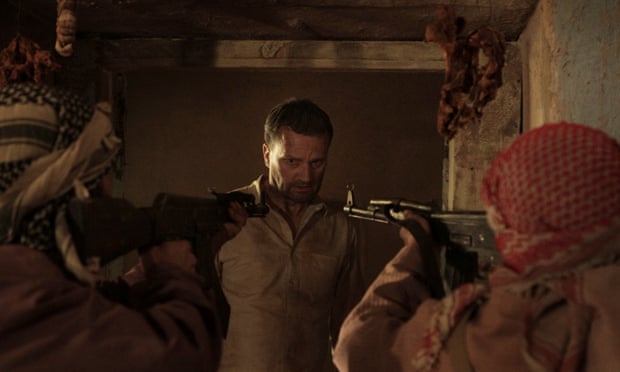(From Big Think & The Mental Health Channel)
PTSD is one of the most common mental health conditions in the United States and I think it’s – it might be the fourth most common condition. And that’s because trauma is so prevalent in our society. About 25 percent of women experience interpersonal sexual violence, which is extraordinary. There are accidents and natural disasters. More than half of persons will be exposed to at least one traumatic event in their lives.
The hallmark of PTSD is that the memory of the event becomes haunting. It kind of takes on a life of its own. You start thinking about what happened just out of the blue or in response to triggers in the environment. And what’s so distressing about the memory is not that you just have an image or remember what happened.
You have the physiologic feeling of fear or horror that you had when the event was occurring in real time. So it’s not only a visual or verbal memory out there. It is a physiologic memory and this can happen while you’re awake. It can happen while you’re asleep in the form of your dreams.
People that have PTSD have trouble experiencing pleasure and it’s all about trying to become small and not allowing yourself to be affected by the environment. It also includes really changing the way you view the world and yourself. The world’s a bad place. You might feel guilty or worthless. You might feel you’re to blame for what happened or others are to blame. And finally there are symptoms that reflect increased arousal. So people that have PTSD are on edge.
Their body and brain chemistry is rigged for danger and for experiencing threat and being very, very concerned about anything in the environment that might threaten them. So the symptoms in this category include being highly reactive to startle responses, scanning the environment for signs of danger, not being able to concentrate, very irritable and angry.
Read
more and watch the video [HERE].





